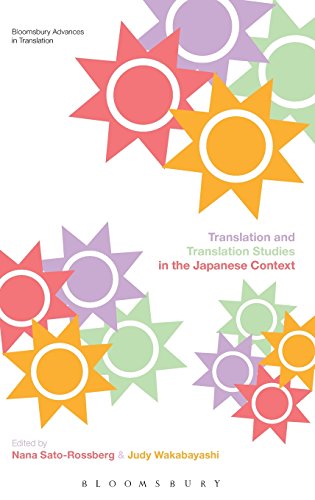

Most ebook files are in PDF format, so you can easily read them using various software such as Foxit Reader or directly on the Google Chrome browser.
Some ebook files are released by publishers in other formats such as .awz, .mobi, .epub, .fb2, etc. You may need to install specific software to read these formats on mobile/PC, such as Calibre.
Please read the tutorial at this link: https://ebookbell.com/faq
We offer FREE conversion to the popular formats you request; however, this may take some time. Therefore, right after payment, please email us, and we will try to provide the service as quickly as possible.
For some exceptional file formats or broken links (if any), please refrain from opening any disputes. Instead, email us first, and we will try to assist within a maximum of 6 hours.
EbookBell Team

5.0
80 reviewsJapanis often regarded as a ‘culture of translation'. Oral and written translationhas played a vital role in Japan over the centuries and led to a body ofthinking and research rooted in a context about which little information hasbeen available outside of Japan in the past.
Thechapters examine the current state of translation studies as an academicdiscipline in Japan and a range of historical aspects (e.g., translation of Chinesevernacular novels in early modern times, the role of translation in Japan'smodernization, changes in stylistic norms in Meiji-period translations, ‘thicktranslation' of indigenous Ainu place names), as well as creative aspects oftranslation in modern and postwar Japan. Other chapters explore contemporaryphenomena such as the intralingual translation of Japanese expressions embeddedin English texts emanating from diasporic contexts, the practice ofpre-translation or writing for an international audience from the outset, theinnovative practice of reverse localization of Japanese video games back intoJapanese, and community interpreting practices and research.